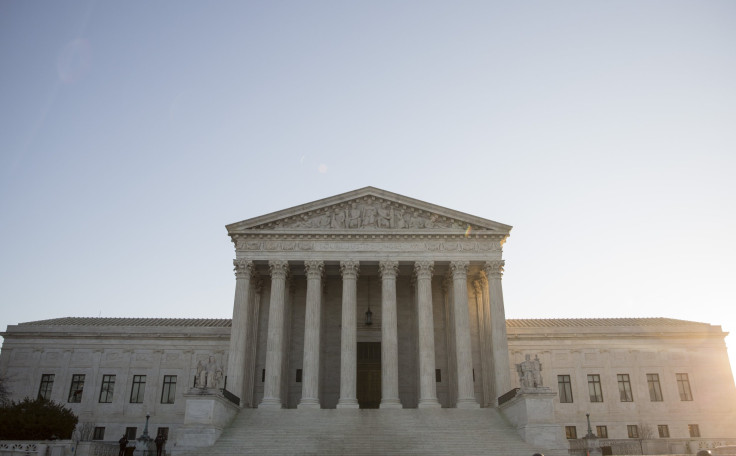Supreme Court Temporarily Blocks Louisiana Abortion Law

The Supreme Court, two days after hearing a major abortion case from Texas, on Friday temporarily blocked a Louisiana law imposing regulations on doctors who perform abortions in a move that would allow two recently closed clinics to reopen.
In a brief order, the court granted a request by abortion providers seeking to reinstate a lower-court injunction that blocked the Republican-backed 2014 law, which required doctors to obtain a formal affiliation with a local hospital.
The abortion providers contend the law was designed to shut down abortion clinics by requiring hospital “admitting privileges” that are difficult for their doctors to secure.
Louisiana will now have four clinics in total.
The order noted that one of the eight justices, conservative Clarence Thomas, said he would have denied the application.
The order said the court's action was in line with its decision in June to temporarily block part of a Texas abortion law that was challenged by abortion providers in a high-profile case. The justices heard oral arguments in that case on Wednesday.
The Louisiana law mandates that physicians who perform abortions have admitting privileges at a hospital within 30 miles (48 km) of the abortion clinic. The regulation matches one in the Texas law.
U.S. District Judge John deGravelles in January granted a preliminary injunction sought by abortion providers, finding the law violated the constitutional right to an abortion established by the Supreme Court in 1973. The 5th U.S. Circuit Court of Appeals blocked that decision on Feb. 24, allowing the law to go into effect.
The high court's action sent mixed signals on how it might rule in the Texas case, in part because the justices previously allowed the Texas admitting privileges provision to go into effect.
The action could suggest the court has greater concerns about admitting privileges requirements than were indicated during Wednesday's argument in the Texas case. Friday's move effectively put Louisiana's law on hold while the justices prepare a ruling, expected by the end of June, in the Texas case.
Nancy Northup, president of the Center for Reproductive Rights, which represents abortion providers in both cases, welcomed the court's action.
“These underhanded tactics to cut off women's access to safe, legal abortion simply cannot stand,” Northup said.
The Texas case also involves a separate provision that requires clinics to have costly, hospital-grade facilities.
The Louisiana law was signed by Republican then-Gov. Bobby Jindal in 2014.
© Copyright Thomson Reuters 2024. All rights reserved.





















